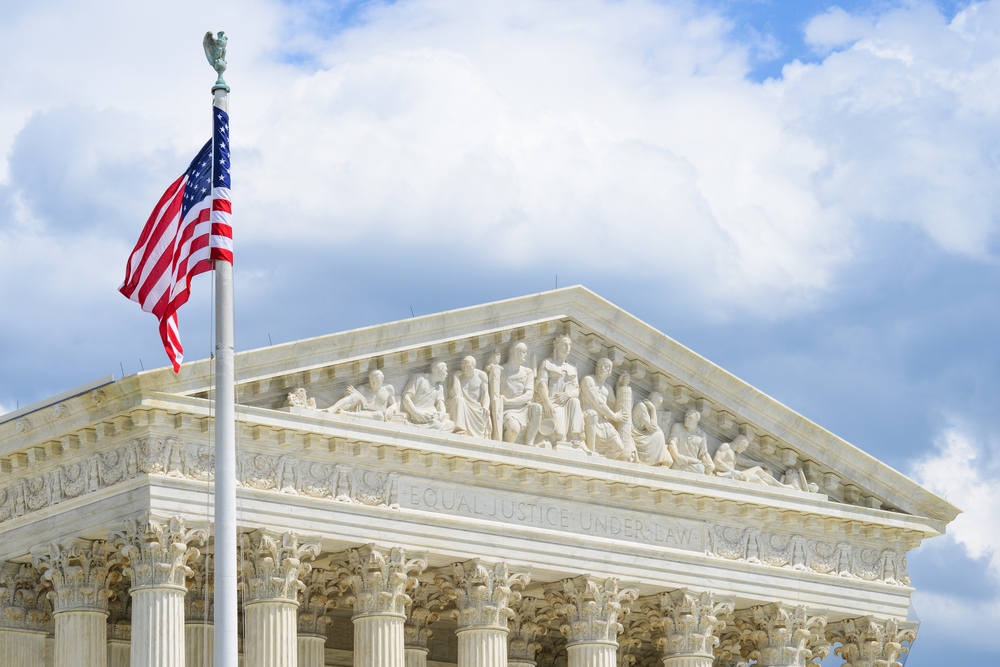Around 125,000 lawsuits have been filed against Bayer, the company that sells Roundup, the well-known and widely popular weed killer used at home and commercially in the U.S. and around the world. In 2018, Bayer purchased Monsanto, the company that first developed Roundup in the 1970s, and has faced significant legal troubles since then. Bayer has already paid about $11 billion in personal injury settlements and trial verdicts amidst claims that the product causes non-Hodgkin’s lymphoma (NHL). The company’s stocks have also plummeted, though a trial win boosted values in late 2021.
Roundup lawsuits claim that glyphosate, a chemical in the product, is carcinogenic. They allege that Bayer failed to warn consumers of the risks, and the product is dangerous. Around 100,000 lawsuits have been settled to date, but the company won two trials last year, signaling a potential shift in future claims.
In addition, Bayer has petitioned the U.S. Supreme Court to review two of the three cases it lost and is awaiting the justices’ decision about hearing their cases. In December 2021, the Supreme Court requested the Biden administration weigh in on whether they should do so. This breathed life into Bayer’s defense, and should they allow the case, a verdict in favor of the company could end all current and future litigation against them.
Roundup Settlements
In 2020, Bayer settled tens of thousands of lawsuits with payouts totaling around $10 billion. The company announced they would set aside $4.5 billion for claims if the Supreme Court refuses to hear their cases or doesn’t overturn the rulings. Only a handful of Roundup claims have gone to court, and so far, plaintiffs have won three of five cases. But since Bayer requested the U.S. Supreme Court review two of the cases it lost, those payouts have been halted.
In March, a Roundup settlement was reached just days before a trial in Monsanto’s hometown was set to begin, but the terms are confidential. The lawsuit was filed in 2017 by cancer-ridden plaintiffs across the country and alleged Roundup caused their non-Hodgkin’s lymphoma. The lawsuit claimed Roundup was an unreasonably dangerous and defective product, and that Monsanto was guilty of wrongful conduct.
Bayer’s argument is that the Environmental Protection Agency (EPA) doesn’t consider glyphosate to be carcinogenic. The EPA feels there’s a lack of evidence that the chemical causes cancer and deemed there’s no need for a warning on Roundup labels. Bayer has cited the EPA and other health and environmental agencies that think glyphosate is safe throughout their defense.
Will the Supreme Court Hear Roundup Cases?
Armed with these scientific arguments and regulatory guidance, the company is trying to repeal two verdicts. Bayer requested a U.S. Supreme Court review an $87 million jury award granted in California to a husband and wife who used Roundup for over 30 years and developed non-Hodgkin’s lymphoma. The second jury award they’re hoping to repeal amounts to $25 million for a single plaintiff.
The Supreme Court’s decision to involve the Biden administration was seen as a win for Bayer. Many believe it indicates the justices are leaning towards hearing the cases, and with Bayer’s recent wins at trial, their defense may hold up in the highest court. Bayer has stated there is no basis for “failure to warn” claims because the EPA prevented the cancer warning on Roundup labels and that when used as directed, it is safe.
Does Roundup Cause Cancer?
Non-Hodgkin’s lymphoma is cancer that starts in the lymph nodes, which is part of the immune system that helps fight bacterial and viral infections. It can spread quickly and throughout the body depending on the type, and the treatment options and outcomes vary.
The cause of non-Hodgkin’s lymphoma is mostly unknown, but it’s been linked to a range of risk factors, including exposure to certain chemicals, such as glyphosate. There are strong arguments about the safety of the chemical, but independent researchers and some organizations claim glyphosate may be carcinogenic to humans.
Bayer has committed to replacing glyphosate with an alternative for residential use of Roundup in 2023. However, many argue the promised change has come too late for hundreds of thousands of people who have developed – or will develop – NHL after using the weed killer.
With more than 100,000 Americans suing Bayer for a product they believe gave them cancer, the outcome of the company’s requests to the U.S. Supreme Court could greatly impact and potentially fully block future claims. The justices have not given a timeline on when they’ll decide whether to hear the Roundup lawsuits or not, but many are anxiously awaiting their pivotal decisions.










